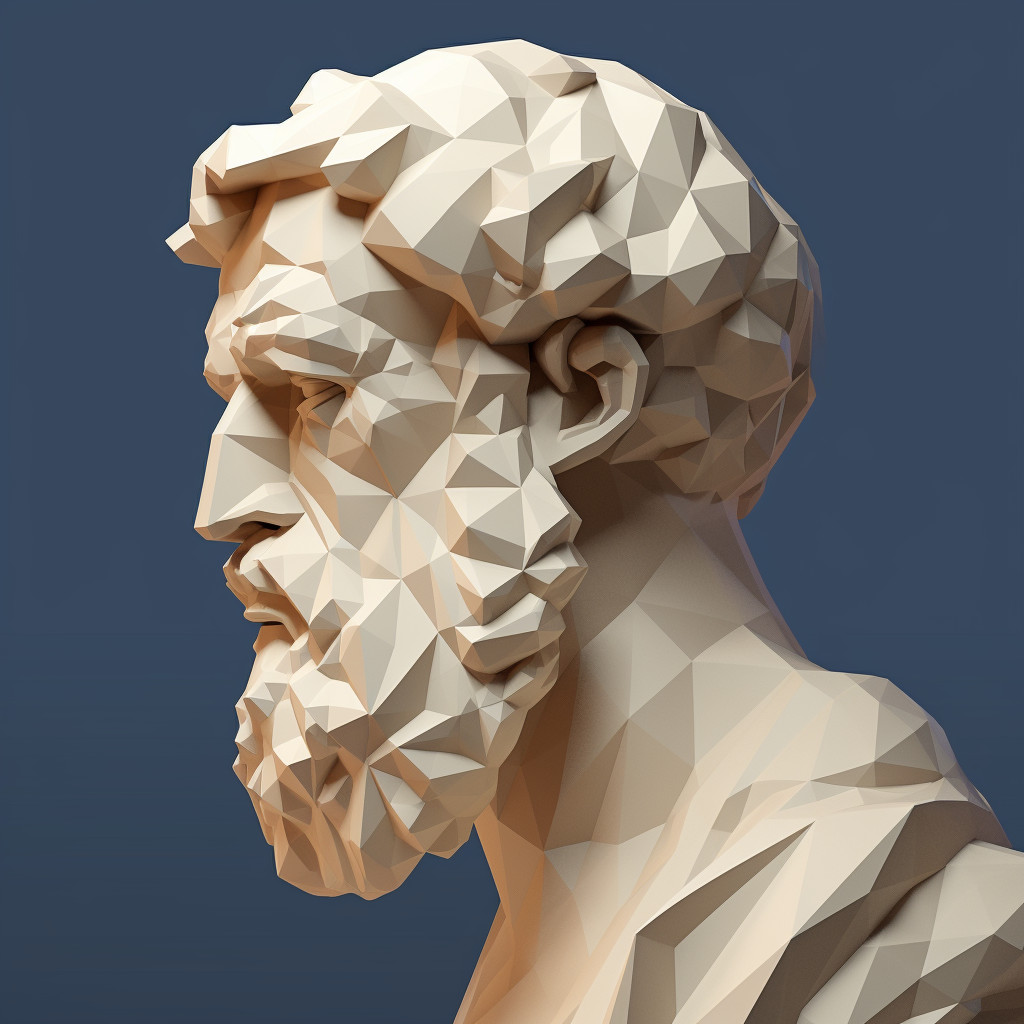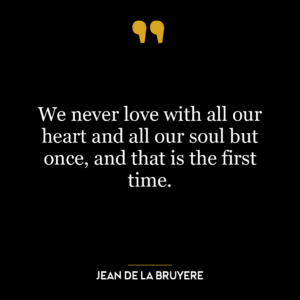This quote is a profound reflection on the nature of pleasure and personal preference. It suggests that pleasure is not just a fleeting sensation or a physical experience, but a state of the soul, a deep-seated part of our being. It further implies that what brings us pleasure is intimately tied to our identity, to what we love and value.
In other words, we find pleasure in things that resonate with our deepest selves, with our passions, interests, and values. If someone is a lover of music, for instance, they will find pleasure not just in listening to a beautiful melody, but in the entire experience of music – in understanding its nuances, in the feelings it evokes, in the memories it stirs up. This pleasure is more than just enjoyment; it is a deep, soulful connection to the object of our love.
This idea can be applied in numerous ways in today’s world and in personal development. For one, it underscores the importance of aligning our actions and pursuits with our passions and values. In a world that often encourages us to conform, to follow established paths, to seek success as defined by others, this quote reminds us that true pleasure – and, by extension, true fulfillment – comes from being true to ourselves.
In terms of personal development, this quote can serve as a guide in our journey of self-discovery and growth. It encourages us to seek out and nurture those things that truly resonate with our soul, those things that we are “lovers of”. It suggests that by doing so, we not only find pleasure, but we also become more in tune with our authentic selves.
Furthermore, this concept can be used to foster tolerance and understanding among people with different interests and values. Recognizing that each person’s source of pleasure is deeply tied to their identity can help us appreciate and respect our differences, rather than seeing them as sources of conflict or division.












